Know the early signs and symptoms of cancer and save life
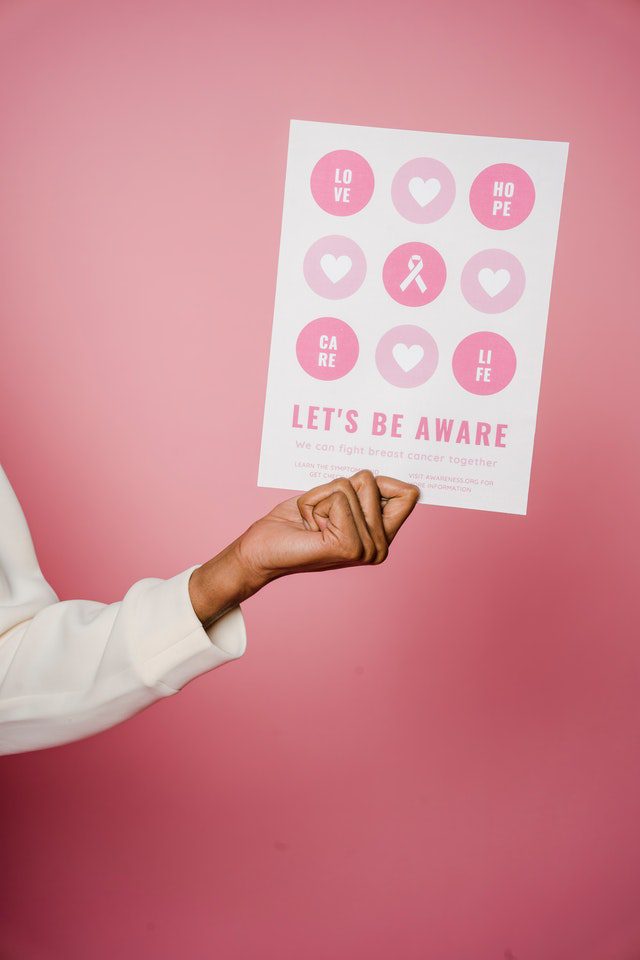
Know the early signs and symptoms of cancer and save life
- onco
- June 11, 2021
Some types of cancers can indeed be found early, before they have a chance to spread. In this article, you can learn more about screening tests that can be used to look for cancer. COVID-19 has resulted in many procedures being put on hold, and this has led to a decline in cancer screening. Our facilities provide safe cancer screening during the COVID-19 pandemic with all safety precautions in place.
You can talk to our doctors and learn steps you can take to plan, schedule, and get your regular cancer screenings in Delhi.
When it comes to detecting cancer early, you should know a few things, like your family cancer history and what signs to watch out for. You should also be aware of what cancer screenings to get and when, how to make lifestyle changes to reduce the chances of developing cancer. Here are some tips to help you look out for cancer early.
Know Your Family History
Knowing your family cancer history can help you detect cancer early, and reduce the risk of developing certain cancers. Family history can determine if you are at risk and indicate a need for earlier cancer screening. Know if there are
- Family members who developed cancers earlier than most people
- More than one family member who has had the same cancer
- Combinations of same diseases within a family (like breast and ovarian cancer)
- Genetic tendencies toward certain types of cancers
Pair your family history with a healthy lifestyle and get proper screening to reduce your risk of developing hereditary cancers and this information can also help catch cancer early.
Self-Exams
One of the most effective ways to detect cancer early is to do self-exams whenever possible. Self-exams are helpful when it comes to breast cancer, testicular
cancer and skin cancer. These are easy to do, and can help identify cancer early on. If you’re familiar with your own body, you can catch something before a medical professional gets to examine you. Look up what to look out for when you perform self-exams and for which types of cancer.
Identify the Warning Signs
Check yourself where you can, but if you can’t (for your lungs, for example) make yourself familiar with the general warning signs of cancer to look out for, as they can point to different cancers. These are the general signs of cancer:
- Lumps forming where they weren’t
- A sore throat that won’t heal
- Unusual bleeding
- Changes in bowel or bladder function
- Constant indigestion or loss of appetite
- High fever
- Excess fatigue
- Pain that doesn’t improve or has no explanation
- Changes to the skin
- Chronic coughing or hoarseness of voice
- Difficulty swallowing
Get Regular Screening
Each cancer has different screening recommendations and timetables are moved up depending on your risk factors and family history.
Breast Cancer
- Between the ages of 40 and 44, women can begin annual breast cancer screening.
- Women between 45 and 54 should get yearly mammograms
- Women over 55 can continue to get mammograms yearly or every two years
Colon and Rectal Cancer
- Beginning at the age of 50, everyone should get a colonoscopy once every 10 years.
Cervical Cancer
- Beginning by age 21 and until 29, women should start getting tested for cervical cancer every 3 years
- Between 30 and 65, women should be co-tested ( a Pap test and HPV test) every 5 years
There are other tests for other cancers, consult our doctors to know which tests are relevant for you and how and when you should schedule them.
Recent Posts
-
How to Prepare Yourself for Chemotherapy: Essential Tips and Guidance
November 19, 2024
-
Lung Cancer: Signs, Diagnosis, and Treatment Options
November 5, 2024
-
Tomotherapy where precision and efficiency meet health
October 28, 2024
-
What to Eat During Cancer Treatment: Nutrition Tips for Recovery
October 21, 2024
-
Best Blood Cancer Treatment in Delhi
October 8, 2024
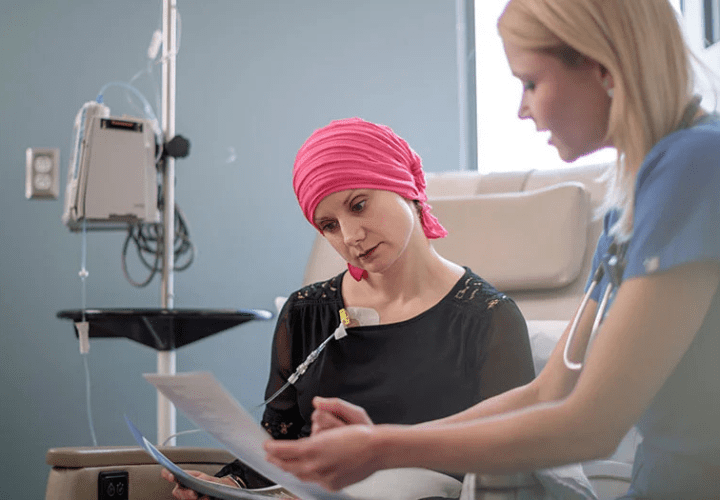
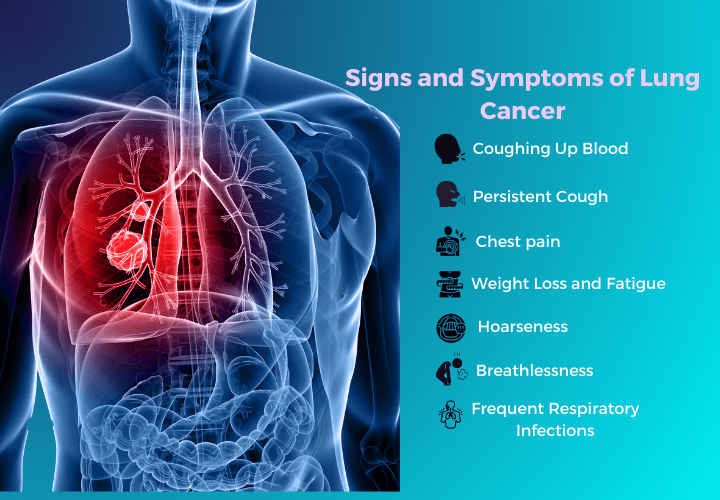
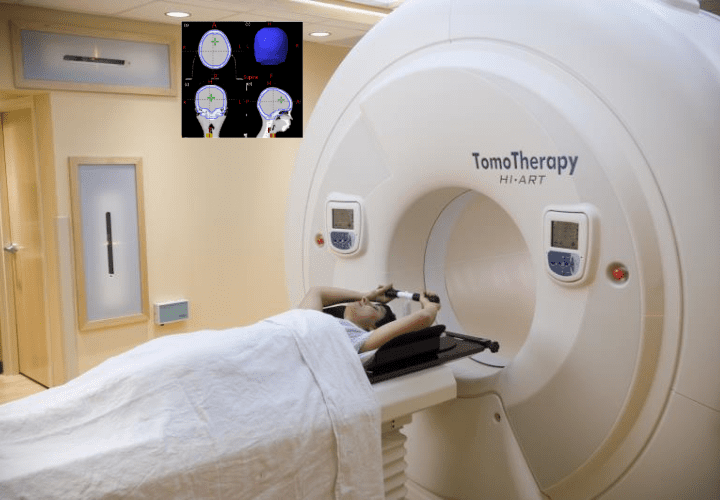

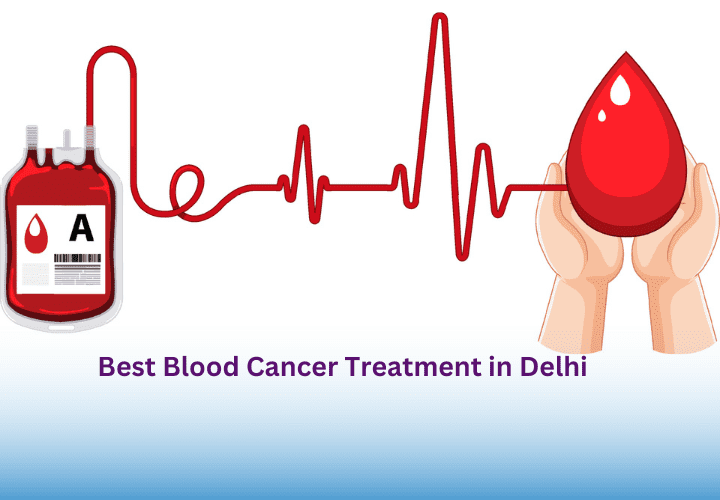
Leave a Reply